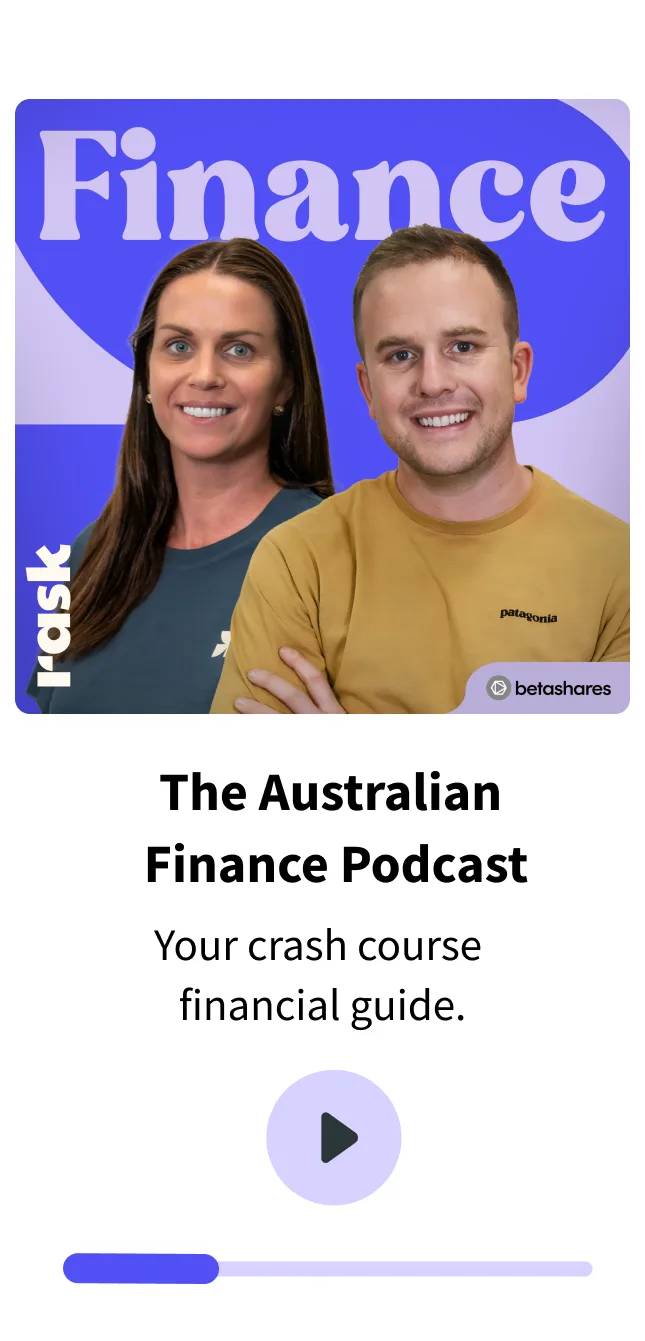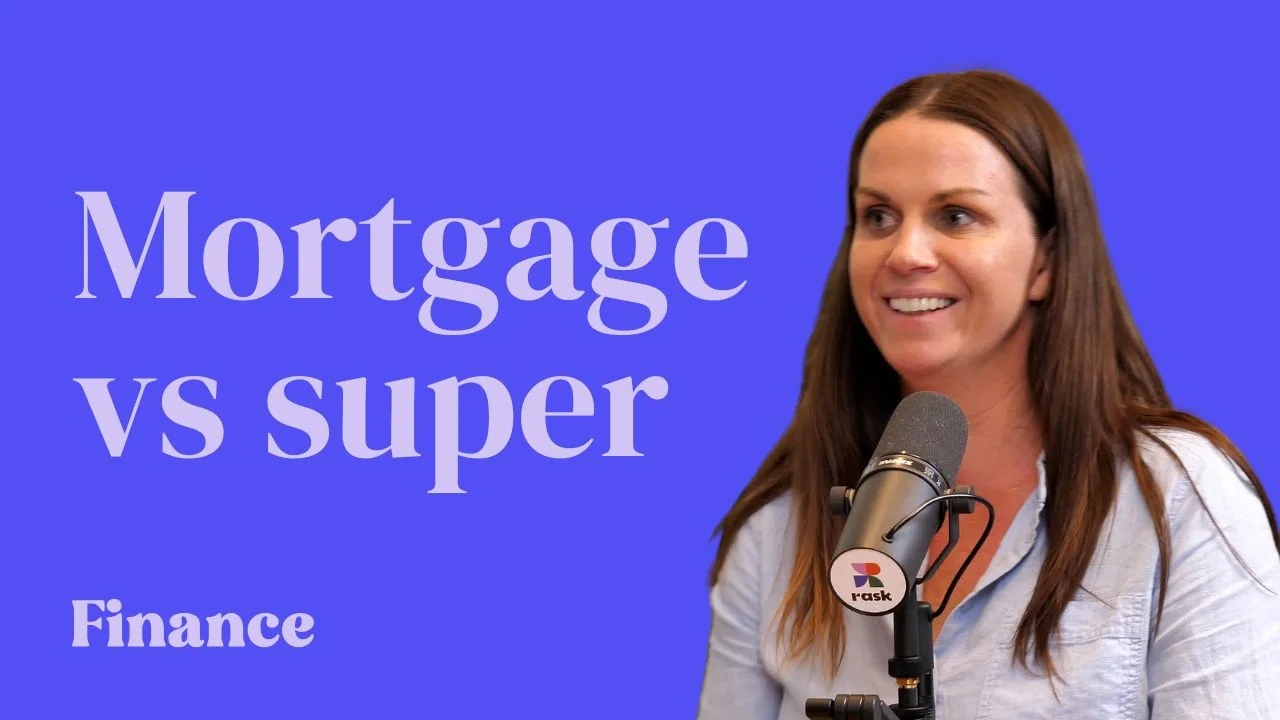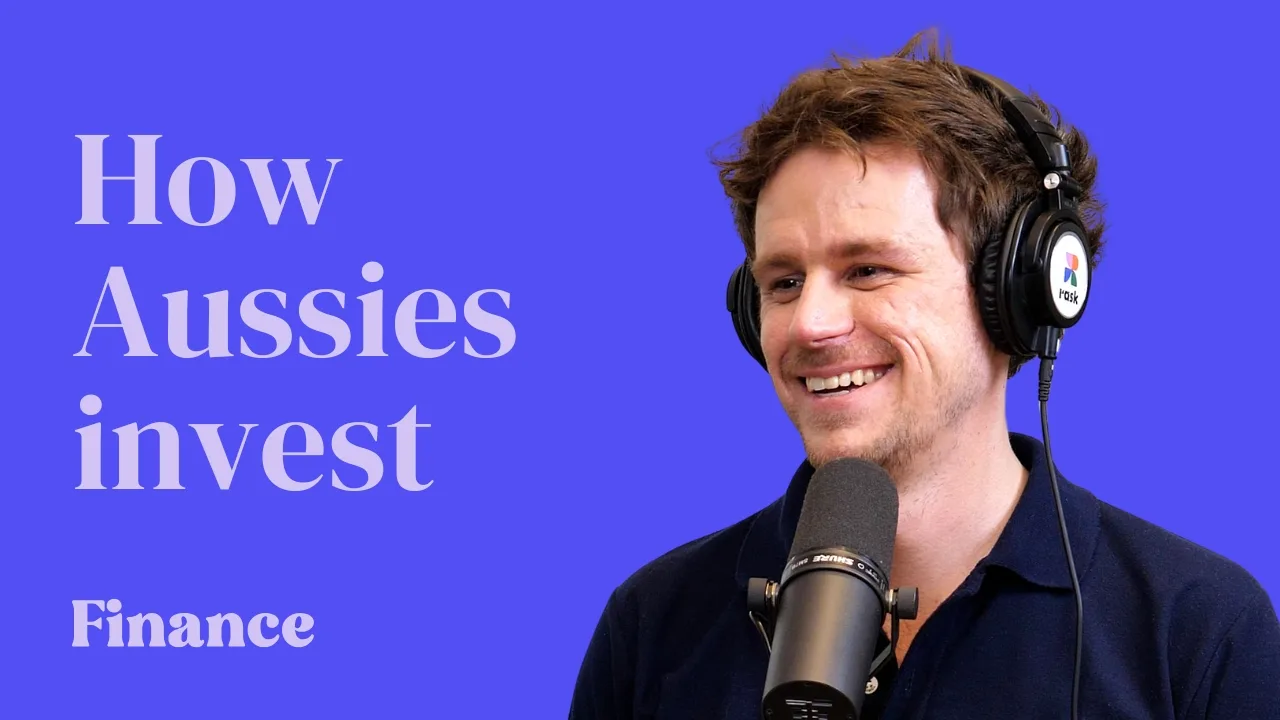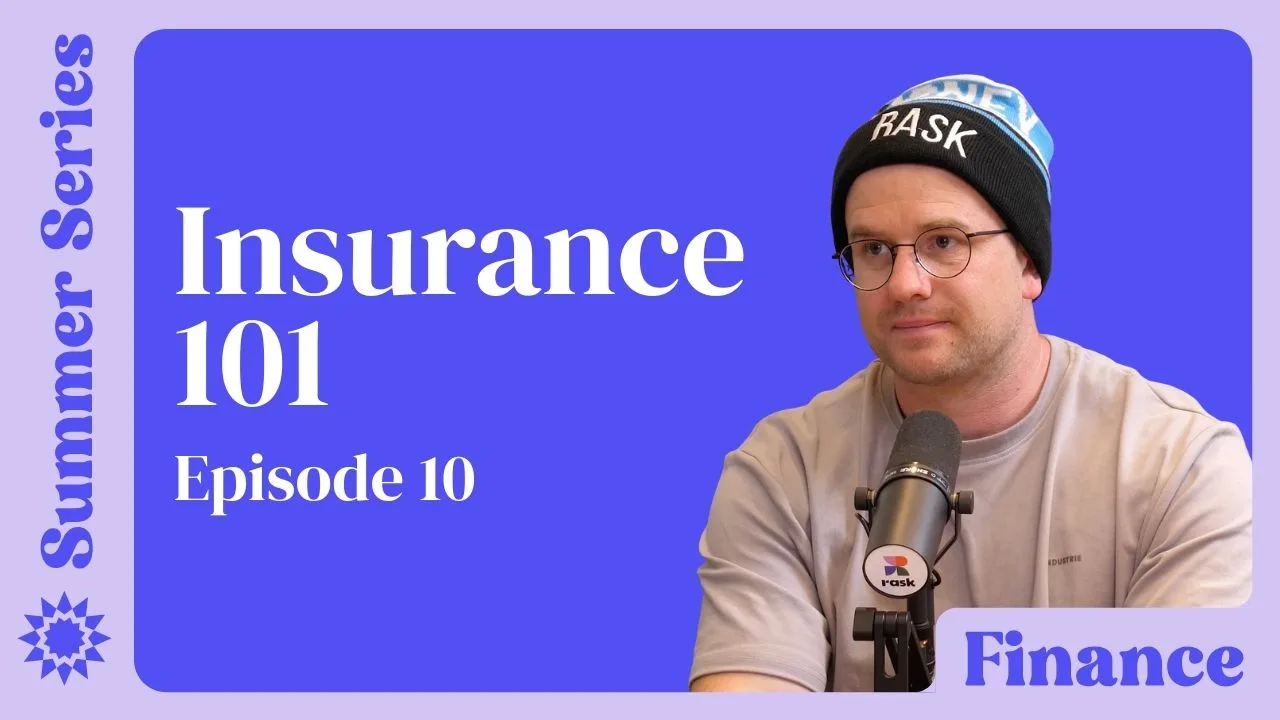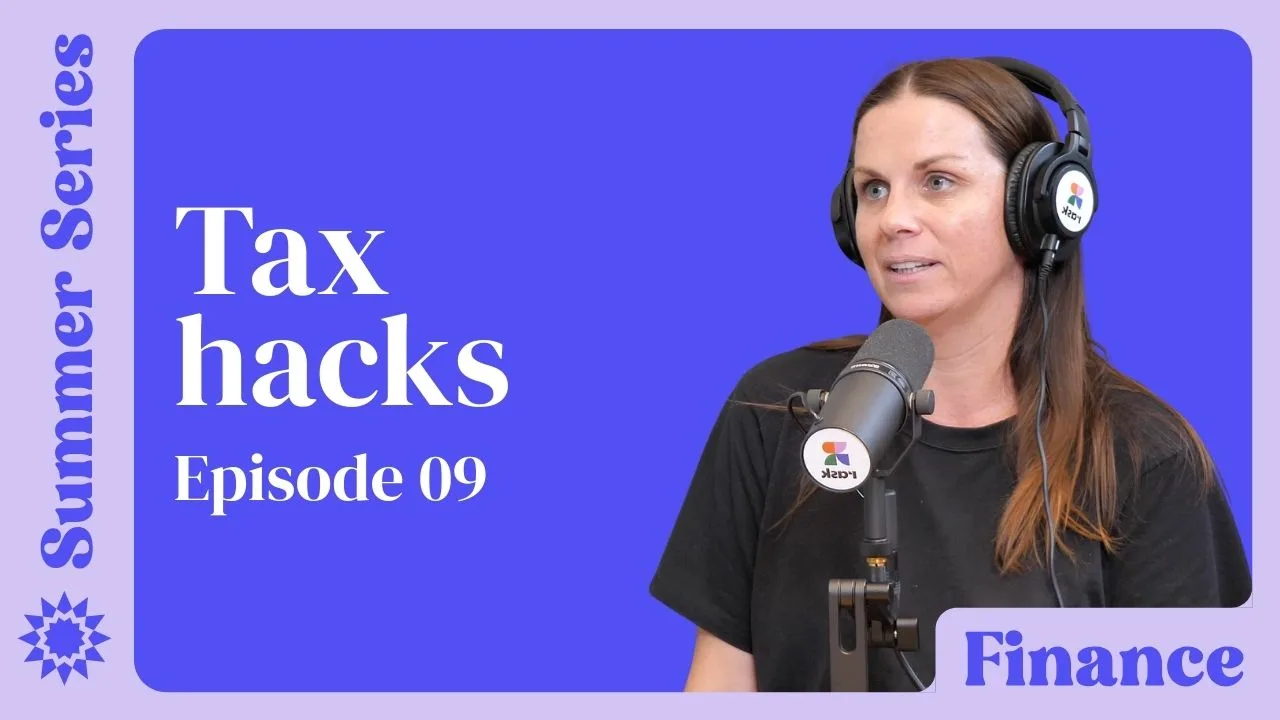When I (Kate here) speak to people getting started investing, one of the most common things I hear is the regret that they didn’t know about the idea of investing and compound interest 10 or 20 years earlier, and even more than that, taking action on this knowledge.
It’s tough to stare at the numbers on a compound interest calculator and see what difference 10 or 20 years could have made on your investing journey.
But it’s much more important to focus on the knowledge and resources before you and maximise your time.
Jeff Bezos famously said, “I knew that if I failed I wouldn’t regret that, but I knew the one thing I might regret is not ever having tried”.
Making financial decisions involves a lot of uncertainty, and it’s rare that we ever get the decision precisely perfect. But, if you approach your finances with a perfectionist mentality, you’ll probably never take that first step.
So how can we minimise those feelings of regret regarding our finances that can hold us back from moving forward?
5 ways to minimise your financial regrets
1) Start taking action NOW
When I feel like I miss the boat on something or get annoyed at my past self for not doing XYZ, I try to turn those feelings into action. I can’t change past Kate’s decision, but I most certainly can do something about the present Kate.
Turn those feelings into action today. Set up your savings account, go to the accountant and deal with your taxes, and finally, take the time to hunt down your lost super etc.
Start building the financial future that you want right now.
2) Reflect on the way you make decisions
If your goal is to minimise the number of regrets in life, it’s essential to use this as a lens when making financial decisions. Projecting forward into the future, and look back on the decision you’re about to make. Use this information to guide your decision-making and act accordingly.
It’s also important to remember that many of your life decisions are not binary. For example, you will be wealthy or you won’t be, if you decide to invest in XYZ.
You don’t make a choice now and are stuck with the results of that decision forever.
And just because you decide to invest in a particular ETF or use a specific broker today doesn’t mean you’re not allowed to change your mind tomorrow.
As you learn more about yourself and build your financial confidence, the decisions you make regarding your finances will change and evolve – and that’s natural.
Remember, you can change your mind.
3) Set yourself up for success
🗺️ We’re big fans of goal setting and vision boards here at Rask because these tools help us to get clear on our goals and prioritise the order we reach them.
Brainstorm all your goals on an A4 piece of paper.
Sort these goals into decade buckets: 20s, 30s, 40s, 50s, etc.
Pick one short-term, one medium-term and one long-term goal to focus on. (Or Owen’s tip: just pick one goal and work it backwards.)
Not only will doing this help reduce your regrets long-term, but when you’re looking back, you’ve got a record of what was important to you then. It’s not fair to lament not achieving something that wasn’t even a priority to you in the first place.
Want to create a vision board? It’s less about arts and crafts and more about what you want. Tune into this episode of the finance podcast as Owen talks you through how he created his vision board.
4) Sometimes you’ve just got to spend it
Balance in life is tricky.
And it’s even more challenging when you start trying to save, invest and spend your money simultaneously.
Because it forces you to make tradeoffs, spend $100 today for an experience, or invest $100, and you could have over $200 in 10 years.
We might regret not hitting certain financial milestones. But we should also consider the inverse of that.
Will you regret saying “no” to that family dinner or trip away with your friends?
It’s tough, but sometimes you must spend the money.
5) Start talking about money
As they say, you don’t know what you don’t know. The more conversations you have with family, friends and colleagues, the more you’ll open your eyes to the possibilities around you.
For example: talking about switching to a low-fee super fund might alert your friend that changing super funds is something she’s allowed to do rather than just sticking with the default employer fund.
You never know what ripple effects these conversations might have.
It will be hard. I won’t sugarcoat it.
But hard doesn’t mean it’s the wrong choice.
